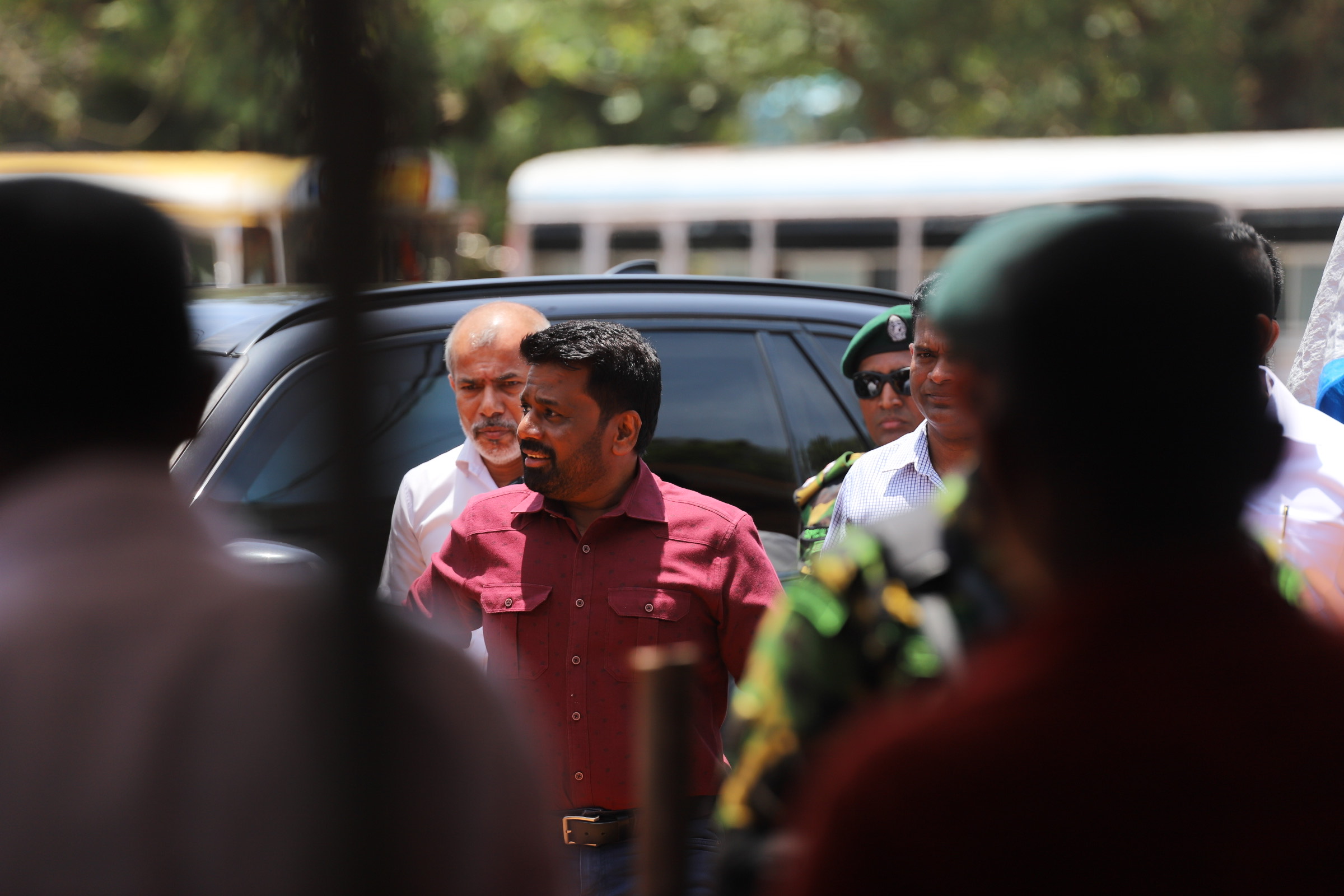Writing in the Indian Express, James Manor, professor emeritus of Commonwealth Studies at the University of London, argues that the venue for the Commonwealth Heads of Government Meeting (CHOGM) later this year must be changed from Sri Lanka, "if the Commonwealth is to retain its well-earned reputation as a force for human decency", adding, "if that meeting is not moved elsewhere, the Commonwealth will abandon its enlightened commitments. Its irresolute secretary general, Kamalesh Sharma, has blocked a change of venue. Because he is a former Indian diplomat, New Delhi will be blamed."
Reproduced in full below:
A message to Colombo
India will soon be blamed — unjustly — for an international catastrophe. Since 1991, the Commonwealth has been a potent force behind the scenes for democracy, rights and human dignity. For example, it has persuaded the leaders of several one-party states to adopt open multi-party systems and it has ensured that leaders who have lost elections do not cling onto power. This admirable record is about to be squandered.
The next Commonwealth heads of government meeting in November is scheduled for Sri Lanka where an abusive government has committed multiple outrages. If that meeting is not moved elsewhere, the Commonwealth will abandon its enlightened commitments. Its irresolute secretary general, Kamalesh Sharma, has blocked a change of venue. Because he is a former Indian diplomat, New Delhi will be blamed.
This is already beginning to happen. Some commentators are saying that India urged Sharma to avoid offending Sri Lanka's leaders because it is anxious about China's growing influence there. It is true that China has invested massively in the island and that in 2011, President Mahinda Rajapaksa made a threatening telephone call to a newspaper editor in an unsuccessful attempt to suppress a report that the Chinese had given him $9 million to be used at his discretion. But India has not tried to restrain the secretary general.

